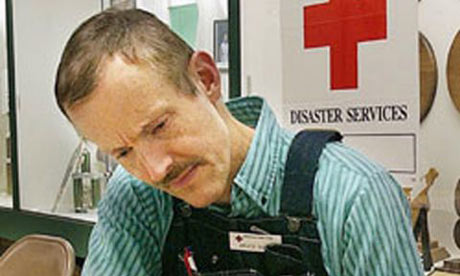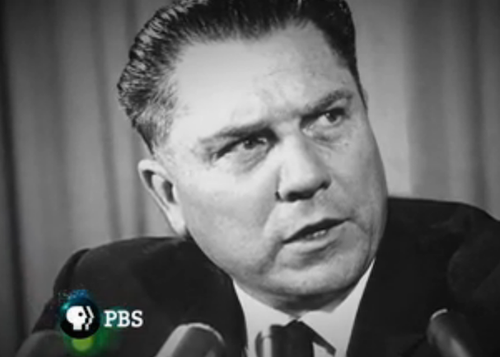
And now for more on the anthrax controversy.
A court-ordered report by the Expert Behavorial Analysis Panel concluded the U.S. Army could have “anticipated” and “prevented” the deadly 2001 anthrax attacks, and that a review of psychiatric records of suspect Bruce Ivins “does support the Department of Justice’s (DOJ’s)determination that he was responsible.”
Ivins, a civilian Army scientist at Ft. Detrick, Md., who committed suicide before authorities could charge him, “was psychologically disposed to undertake the mailings; his behavioral history demonstrated his potential for carrying them out; and he had the motivation and means,” according to the Expert Behavioral Analysis Panel , which was created in 2009 to review Ivins and the deadly attacks. News of the report first appeared in the Los Angeles Times.
The Expert Behavioral Analysis Panel found that Ivins displayed unusual behavior — some that was dismissed as eccentricity — that should have led the Army to do a better mental health evaluation. It also said Ivins’ mental health professionals would have advised against it had they known he had a high level security clearance.
The report was welcoming news for the Justice Department and FBI, which has taken some heat from from skeptics who don’t believe that Ivins is the person who mailed the deadly letters that killed five people and sickened 17 others.
“The FBI appreciates the efforts, time, and expertise of the panel and its highly respected chair and members,” the agency said in a statement.”The panel’s analysis, findings, and recommendations provide important insight that will further contribute to the public’s understanding of the investigation into the deadly anthrax mailings.”
The report portrays Ivins was someone who had a “traumatic, damaging childhood” and an abusive one.
“Dr. Ivins grew up in a family in which there is ample evidence that his mother assaulted and abused her husband — stabbing him, and beating him and threatening to kill him with a loaded gun,” the report said. “It also appears she abused Dr. Ivins as a boy, and his father mocked him publicly as well.”
Some fellow scientists and politicians on Capitol Hill — along with Ivins’ attorney — remain skeptical that Ivins mailed the deadly letters that killed 5 people and sickened 17 others.





I cannot help but suspect that the anthrax mailings were part of a psy-ops operation to turn the public tide towards war with Iraq. A good prosecutor, or a good detective would first look for a motive, and I suspect, if anything, Ivans was used as a dupe. The anthrax mailings had an enormous effect on public fear, well turned towards war.